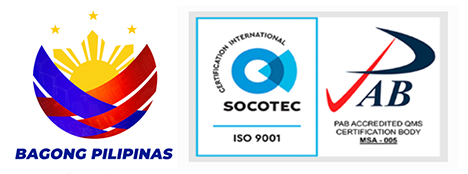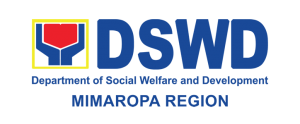Filipinos are always practical; we do everything just to financially provide for our families in ways we know. We look around, and are always on the go to find livelihood projects that are beneficial and lucrative when fearlessly ventured.
The hog raising industry has been touted to be just such. Many Palaweños in the rural areas of Palawan still find it profitable notwithstanding the extreme hard work and unremitting patience the growers need to possess while raising the piglets. After all, the hog raising industry will generate income. Many residents in Brgy. San Juan in Aborlan are also into the hog-raising industry, as it provides them livelihood. It enables them to buy things for their children and pay the rent. While they are satisfied with the money the pigs sold put on their table, there’s something they lack: an association.
It was observed during the Sustainable Livelihood Program preliminaries in the barangay that all its residents possess the characteristics needed for the establishment of an association: camaraderie, unity, and willingness to learn. So formation of hog raising association they did. Through the help of the Community Core Group (CCG), a hog raising group with 41 households and leaders was formed within the four sitios of Brgy. San Juan. Aside from the formation of their association, hog raisers also went through trainings that opened their eyes to the challenges besetting the business, and the ways on how to overcome them to meet their targets.
Through the Local Government Units (LGUs) and National Government Agencies (NGAs), the trainings were made possible and series of lectures on hog-raising industry were presented to the participants. The Western Philippines University (WPU) and Department of Agriculture (DA) served as instruments in the conduct of this endeavor. After the trainings, the participants were made to buy and raise two-month old piglets so after 3-4 months or 120 calendar days, the pigs weighing 85 kilos in average pegging at PHP 100.00 per kilo can then be sold in the market. After selling, they will have to buy another of the same age, so the cycle would repeat again.
The Department of Social Welfare and Development – Sustainable Livelihood Program in partnership with LGUs, through the Municipal Social Welfare and Development Office (MSWDO) along with BLGU, will ensure the success of the participants’ endeavor in hog raising using the knowledge they gained from the training and knowledge sharing.
The Municipal Agriculture Office will also continuously render technical assistance to the participants who are taking the risks of raising the hogs, to ensure their survival and productivity; the process is not easy because it is painstaking and taxing, given the food which the hog raisers need to give the pigs on top of its other needs before they are sold in the market.
Also with the help of different agencies, a communal hog raising project will also be launched this year in Brgy. San Juan, where a community piggery will already be made available to the participants. Once finalized and implemented, it will boost the income of the residents that will pique the economic growth in the community, or barangay for that matter, as it is seen to beef up the expenditures for goods and services, thus paving the way for economic and forward linkages for the betterment of the barangay.
The community piggery project will likewise boost the expansion of meat supply in the municipality of Aborlan, which will ensure food security to secure an escape from hunger in the community, in support of the national government’s food sufficiency goal. As such, the beneficiaries of the project shall be first and foremost the needy, but can however live up to the agreements and promises they make preceding the occupation of the community piggery. The project will give them the opportunity to possess a micro-enterprise of their own at the lowest possible cost. This will also provide them a venue to improve their living condition from the profits they will gain once hogs are sold which will, in a way, lift them from the stranglehold of penury.
There doesn’t seem to be a bigger impediment in the implementation of the project than the ones the implementers can handle; the minor ones are manageable. It accordingly will promote better welfare to the residents because it stimulates economic development in the municipality.
Contributor:
DSWD-SLP Palawan
![]()


